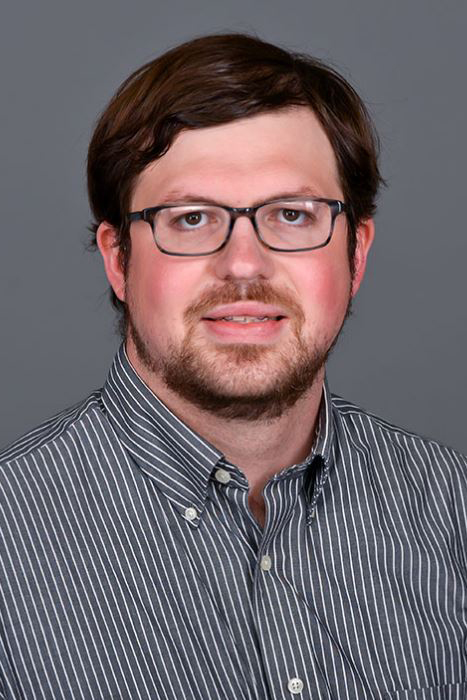Environmental Stress Testing and Reliability Engineering: A Comprehensive Approach
This training session delves into environmental stress testing methodologies and the fundamentals of reliability engineering. Participants will explore how to design and execute tests to simulate real-world operating conditions (i.e. vibration, temperature and humidity), accelerate life tests, and predict product failures. This course aims to equip engineers and quality professionals with essential knowledge and practical skills in understanding, planning, and executing various types of environmental tests to meet reliability targets.
Learning Objectives
- Understand the purpose of environmental stress testing and its role in reliability engineering.
- Differentiate between various test types, including temperature, humidity, altitude, and vibration testing, with emphasis on HALT and ALT methodologies.
- Learn about key measurement techniques and the impact of proper sensor selection and mounting on results.
- Gain insights into quantitative analysis using Repetitive Shock shakers and single degree of freedom (SDOF) models.
- Apply test acceleration models (Arrhenius, Inverse Power Law, Wohler, etc.) to predict product lifespan and failure rates.
- Define reliability concepts, including failure mechanisms vs. failure modes, operational profiles, and statistical life data analysis.
- Explore best practices for implementing environmental stress screening (ESS) to enhance quality controls in production.
Instructors
Dr. Benjamin Shank

Benjamin Shank holds a B.S. in physics from Case Western Reserve University and a Ph.D. in physics from Stanford University. He joined Thermotron Industries in 2015 as an R&D engineer with a focus on electrodynamic shakers, vibration control and associated applications. In that capacity, he is currently the Immediate Past President of the Institute of Environmental Sciences and Technology (IEST). He continues to teach physics whenever possible, but officially in evening labs at Hope College in Holland, Michigan.
Dr. Julio Pulido

Dr. Julio Pulido is a reliability consultant. Previously he was a VP of Global Quality and Reliability Engineering at Phononic. He drives Design for Reliability's capability development and Quality Assurance at Phononic. He holds BS from the Federal University of Bahia, Brazil, MSc from the Federal University of Rio Grande do Sul, Brazil, PhD from the Federal University of Rio de Janeiro, Brazil, PhD Research at Duke University, MBA from Xavier University, and an MSc in Technology from Chicago University. His specialty is structural analysis, vibration, and Structural Reliability design, and accelerated testing techniques. He has published over 80 works at different peer-reviewed international symposiums.
Date and Registration Information
July 14-15, 2026
9 a.m. - 4 p.m.
Hope College
Holland, Michigan
Early-bird registration ends April 14, 2026. Use coupon code EB26HOPE to save 10%.